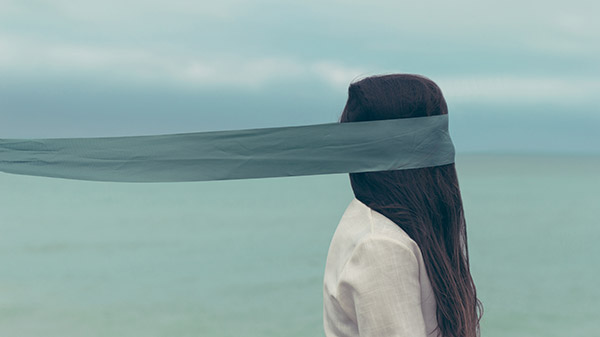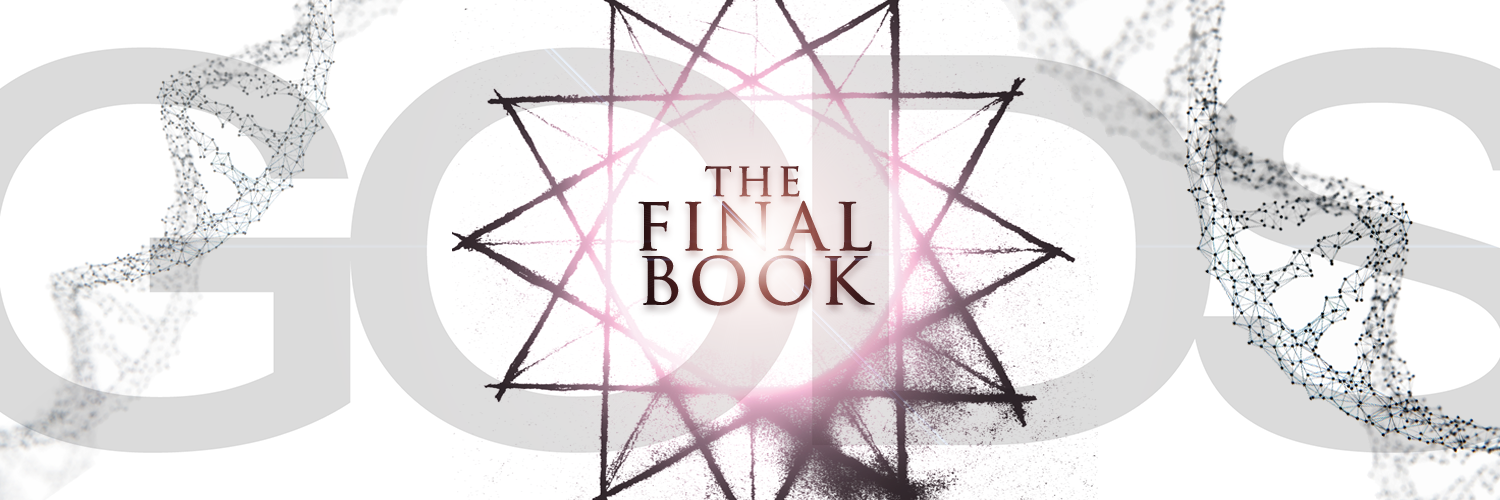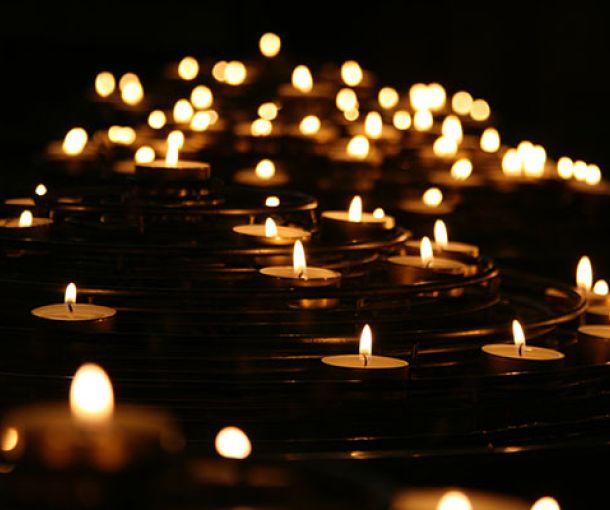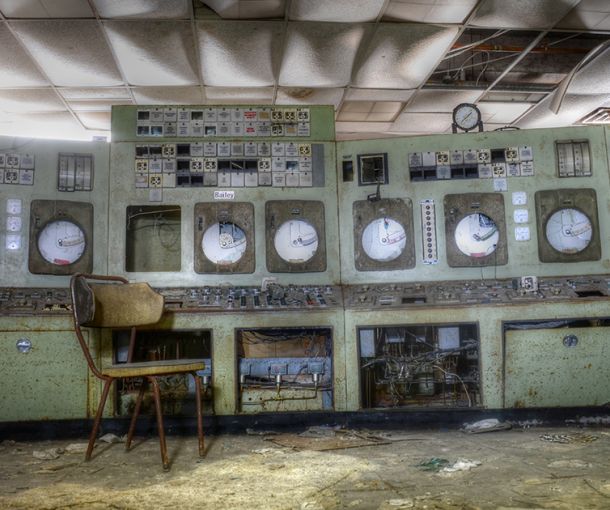Internet Morality: Why?

So what is Internet Morality? What gives me the right to be the purveyor?
Well, in a not so democratic system, I appointed myself. Why? Well, someone had to. Beyond that, the entirety of my professional life has been spent online in one capacity or another. Sadly, as most millennials, so has much of my person life- though I’ll get into that later.
I started on the internet with free hours from AOL and a 14.4 kbps modem. I collected those damn junk mail CD’s and had a dozen user names in my teens. I eventually convinced my parents that an internet connection and blazing 28.8k dial-up speeds were vital for my success as a high school student. I graduated with honors, so maybe I was right? Or maybe the school system I attended was that bad.
When I joined the professional world in the early 2000s, I knew that the internet was the future. However, management was at least 10 or 15 years older than me, if not 40 years older than me, and didn’t embrace the fad. They hadn’t grown up with it. They didn’t use for anything of value. Some maybe saw the potential, but they didn’t understand how or why it worked.
I was schmuck that everyone came to fix their computer. I didn’t have any special training or schooling, but I understood how they worked- the same way you understand how a drinking fountain works. You push the button and water comes out, right? Are you a plumber? It’s not magic and the beautiful thing about computers is that there is no mysticism behind them. They’re extremely predictable machines, by design, and when something doesn’t work properly it’s just letters on a keyboard or nuts and bolts. The internet is not the work of God.
Besides being SNL’s Nick Burns, when I took my jobs at Sony Music and Major League Baseball- both in marketing- there was a heavy online component. If I wasn’t finding new business through the internet, I was using the web to manage and expand the current way we were doing things. On top of that, being the owner and operator of Surf Star Media- a new media company with 12 years under our belt of developing websites, optimizing their performance, and conducting head-banging (and not in a Metalocalypse sort of way) social media campaigns- I’ve learned a thing or two about the internet. I know what it is about. I understand how it works. I see how it has changed our society. And because of this, I am calling for a shepherd to guide the masses of drones that use it.
The unique concept of the internet, much like music, is that it is intangible. It’s something that doesn’t exist in the physical world, yet it is very much real. The big difference between music and the internet is that everyone uses the internet. Only a select talented few have the desire or ability to play an instrument- the bar being much lower for all things digital. Music is also a passive experience for most of us- we hear it, enjoy it, and carry on with life. However, chime ah-ha moment, the internet in many ways is life. It’s a virtual representation of yourself. And most us don’t understand what that means.
The biggest thing with understanding internet morality is realizing, that much like real-life, the internet is not fair. While it used to be considered the “Wild West”- a frontier of digital space ripe for homesteading by the first adventurous few daring to stake their claim, it’s now something like Russian Siberia.


Like Siberia, the internet is still a vast, untouched landscape filled with tremendous resources and opportunity- however there is a cost of doing business. There’s rules, not many, but ones you must observe to avoid rotting in a Russian prison. It’s also corrupt. Things can be bought very easily and you can ultimately do anything you want if you have enough money. Lastly, while the portions of the internet can seem dark and untouched- much like the Russia- nothing you have, do, or say is truly yours. It belongs to the public, or in a lot of cases the actual government now, and they will take it from you or use it against you should the mood strike them.
How does that relate to you, though? The casual user? The witty Facebook commenter or savvy Pinner? Well, it doesn’t for the most part. However, what Grandma needs to realize is that your digital personal- every movement you make online- is being judged by the Digital Gods. You’d be wise to appease them.
It’s not as overt as needing to be paranoid about being tracked and monitored, but rather a conscious understanding that who you are online is no different than who you are in real life. What you do online has a very tangible impact on your real life.
When our caveman ancestors started developing consciousness, an understanding of their own personal identity, and then realized how that affected their community around them- massive change accrued among mankind. It was called religion.
Religion was essentially a primordial government- a guideline of rules in which to conduct oneself in society with an effort to achieve harmony between individuals. Makes sense, right? Less conflict, more people agreeing and abiding by the same rules- a level playing field- was better for everyone. This institution and the belief in it among the majority allowed the development of towns, cities, and states… Well, brace yourself for internet prophets, because the time is upon us.
As a digital species we transcended from the cave and began bumping into one another out in the sunlight. We grew into clans- LiveJournal, Friendster, and MySpace. The faithful ultimately rejecting their HTML-pagan ways for the promise of salvation from the hacking raids, annoying glittery profile pages, and a better way of disseminating information. One by one the clans migrated to the shining capital city of Zuckerberg and converted to Facebook. United under one faith, the city of Zuckerberg was strong but faced opposition from the atheist Googlites and the callused thumbs of ADHD’s Tweetpeople. Most horrific of all, you also have the Russel-Brand-world-traveling-asshole that samples each of these domains and then arrogantly claims he’s a man of all faiths and posts the same shit on each network.
The Internet Morality series is in an effort to begin the discussion of rights and wrongs in the digital space. It may or may not be a guideline to live your digital life by- commandments, have you- but I assure you that we’ll all be better for it.
In the coming weeks I’ll be talking issues such as narcissism, piracy, snuff videos and porn, activism, social cadence, the dark web, trolls, gaming the system, advertising and self promotion, and how drastic the differences are between other cultures around the world who use the internet.
There’s no mountain top, no red sea, no cross. However, it’s plain that we need some guidance. There’s nothing more dangerous than the ignorant and blind belief.












